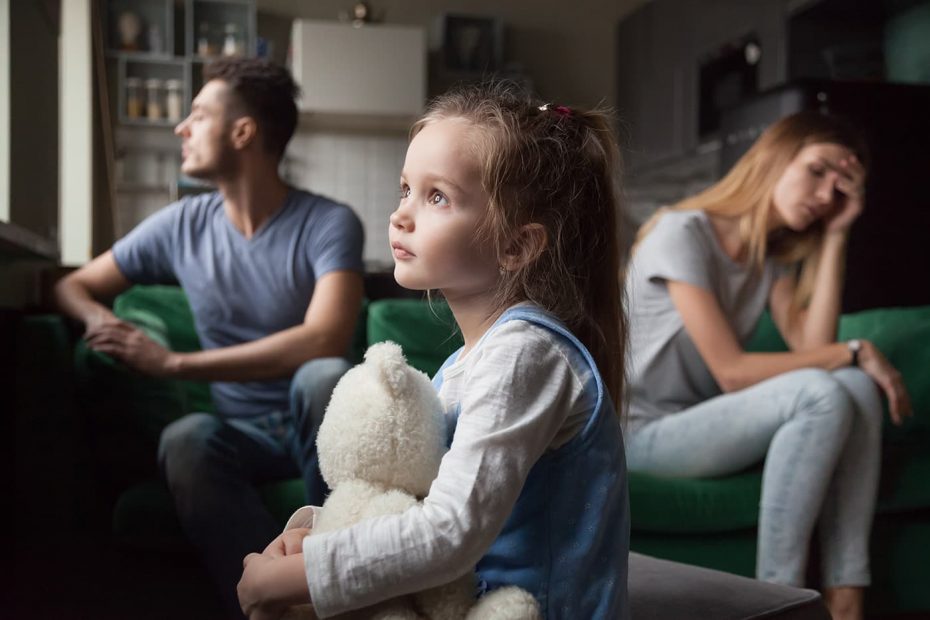Tension and emotions can run high during a separation, so it’s important to take steps to reduce stress for any children involved.
It’s normal for children to feel upset, angry and anxious if their parents are separating or getting a divroce. It can feel like their whole world is being turned upside down, so it’s important to do everything you can to make the transition less painful and confusing.
You can help your child to cope with the upheaval of a separation using the following advice.
Avoid the blame game
No matter what the circumstances of the separation, it is important to avoid playing the blame game in front of your child. Keep hurtful or distressing details about the reasons behind your separation private from your child to prevent them feeling torn or stressed about their relationship with either parent.
Minimise conflict
Try to keep all communications civil and polite in front of the children. Avoid talking about legal proceedings or conflict within earshot of your child to minimise confusion, stress and worry.
Minimise disruption
At a time that is filled with turbulence, it’s important to retain as much consistency and routine in your child’s life as possible. Maintaining routine will help to comfort them and keep them feeling safe and secure.
Keep them in the loop
As soon as decisions have been finalised about living arrangements, discuss them openly with your child. Chances are they will be worrying about what is going to happen next, so keeping them in the loop and talking honestly with them as much as possible can help to reassure them.
Make time for your child and tell them you love them
Sometimes the best thing you can do for your child is to be there for them, holding them and reassuring them that you love them. Life can be hectic, emotional and stressful during a separation, but don’t forget to take time out for 1-on-1 quality time with your child. Go out, do something fun and laugh together, you will find that it makes you both feel better.
Listen to them and acknowledge their feelings
Whilst communicating clearly with your child is very important, so is listening. Let your child express their worries, feelings and emotions to you, whether that’s using their words or through their behaviour. Acknowledge that this is a hard time for them and legitimise their feelings. Let them know that it is ok to feel sad or angry now and that things will get better.
For help or advice with separation law or children law, get in touch with our team of specialist family law solicitors here at Lund Bennett by calling us on 0161 927 3118.

